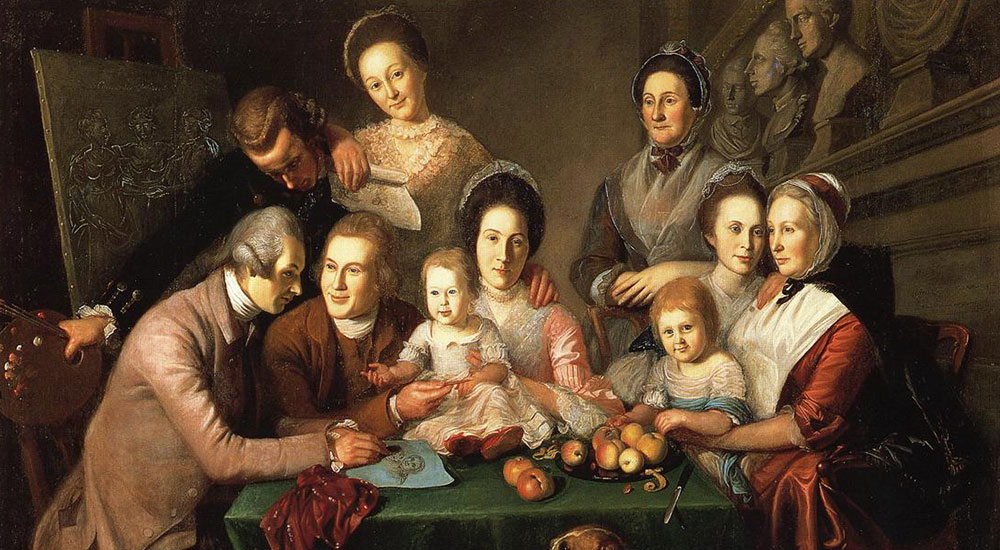Money and fame are not the most important: Sania Mirza reflects on vital life lessons from tennis
- 20 Apr - 26 Apr, 2024

Poisoned peace talks
Everyone knows the story of Pocahontas. She married John Rolfe in 1614, and the marriage brought (short-lived) peace. After her father's death in 1618, they got a new chief – Opechancanough – who organised an attack on the Jamestown area that left around a quarter of the colonists dead. Reinforcements were called, raids continued, and Opechancanough eventually decided it was time to start the peace talks. He met with Jamestown’s representatives Dr. John Potts and Captain William Tucker, who offered the Native Americans poisoned wine. It ended up killing around 200 people. The colonists took the opportunity to attack and killed about 50 more. The following conflict lasted for a decade.
The shocking number of 'melancholy accidents'
Historian Peter Manseau noticed there were hundreds of newspaper reports detailing what colonists called "melancholy accidents" when he started digging though colonial news reports. Today, we call them "gun deaths". The era is filled with stories of people killed by misfiring rifles or by guns that went off accidentally. Other people just happened to be in the wrong place at the wrong time and caught bullets that had been meant for no one.
The nation's first slave
Originally, most of the work in the colonies was done by indentured servants. That meant people would pledge to work for others for a finite time, and at the end of that time, they were free. There were often incentives like ownership of land, or some other bonus to be awarded upon fulfilling the contract. Until John Casor, who was the indentured servant of Anthony Johnson, who was a one-time indentured servant himself and one of 20 black people living in the Virginia colony at the time. When they disagreed over whether Casor's contract had been fulfilled, they went to court over the matter and the judge decided that since Casor was African, he wasn't bound or protected by English law and was therefore, Johnson's property.

COMMENTS